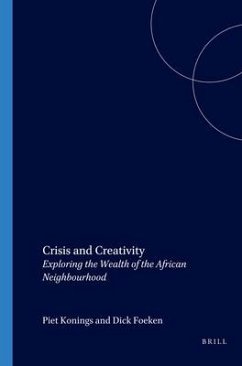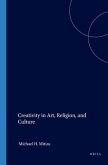At times of economic and political crisis in Sub-Saharan Africa, urban dwellers display a large degree of creativity in their survival strategies by developing social networks and constructing imaginative and original practices and ideas. This volume views the urban neighbourhood from two different perspectives and explores the importance of these creative processes. The first approach considers the neighbourhood as a geographical domain in which people are engaged in a variety of activities to advance their material and immaterial well-being, making use of their 'wealth' of opportunities, assets and diverse forms of natural, physical, financial, human and social capital. The second angle sees the neighbourhood as not necessarily geographically located or bounded but as having been created and defined by human beings. These neighbourhoods may take on the form of self-help organizations, associations or churches, or be based on gender, generational, ethnic or occupational identities.
Bitte wählen Sie Ihr Anliegen aus.
Rechnungen
Retourenschein anfordern
Bestellstatus
Storno


